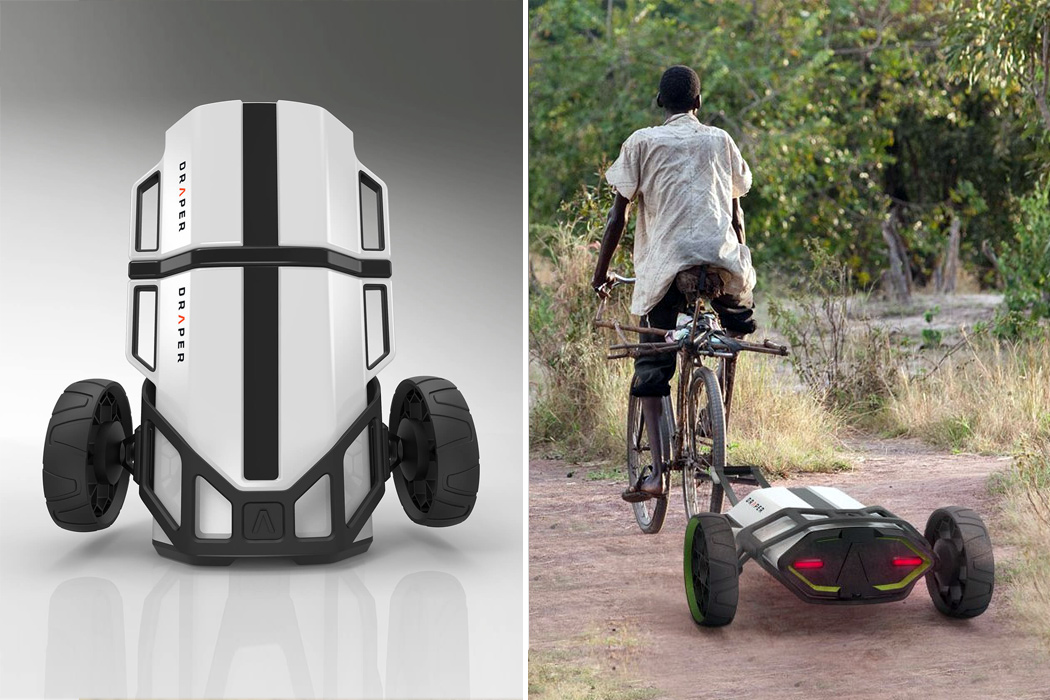
In many developing countries, especially ones with a large population like India, people don’t have access or money to own basic home appliances. While you can still make do without a fan or a gas stove, a refrigerator is becoming increasingly essential as climate change causes temperatures which affect the harvest as well as the daily food that is perishable – think of how quickly your carton of milk or bag of lettuce goes bad! Sprout Studios and Draper have designed a mobile thermoelectric refrigerator (sponsored by the Gates foundation) for this demographic that doesn’t have an option of renting apartments that come with 5-star rated appliances.
This is a cost-efficient and low-energy consuming mobile refrigerator that aims to combat global refrigeration challenges, especially in tropical developing countries. India is the world’s largest milk producer so it is crucial to not let it perish during storage and transportation. A refrigerator is needed to keep milk from being contaminated with airborne diseases such as Listeria. This product by Sprout and Draper uses thermoelectric technology which is an innovative cooling system that allows villages in India to be able to store their milk overnight and transport it up to 15 miles to pasteurization facilities. The unit requires minimal power and has the added ability to operate from off-grid power sources making it vital for developing countries that have large fields in remote areas. The lack of infrastructure in countries like India (roads, electricity) makes it impossible to fund refrigeration at the point of production or refrigerated transport which is where cost and energy-efficient solutions like this can play a pivotal role.
The Mobile thermoelectric refrigerator has been engineered to be durable, rugged, and look innovative. The chassis of the refrigerator is constructed in a way that it allows the top-chilling unit to be removed while the bottom refrigeration unit is being transported. The chiller uses the water and heat transfer to cool the milk while excess warm water can be used for cleaning and bathing – and that is how it reduces the waste of resources too! The chassis is crafted from anodized aluminum to keep it lightweight and strong. It features an airless wheel system to avoid flats on rough terrain which also utilizes a regenerative hub that powers a battery to keep things cool while on the road. The multifunctional handle design makes it comfortable for the user to pull the refrigerator by hand while walking or even attach it to a bicycle or motorcycle for rapid transport.
“The pressing problems facing humankind and the planet are not well addressed by mass-market off-the-shelf products. Draper’s Global Challenges initiative applies our substantial engineering capabilities to solve these problems by looking beyond the technology to understand the problem space. The correct technology solution is rarely obvious. For example, designing the world’s most efficient refrigerator does nothing for those without reliable electricity,” says the team. Technology is great but can be greater when used to answer the questions of the unheard demographic.
Designers: Jordan Nollman, Jason Wilbur, Rich Orsini, Matt Bettencourt of Sprout Studios, and Robert de Saint Phalle for Draper.

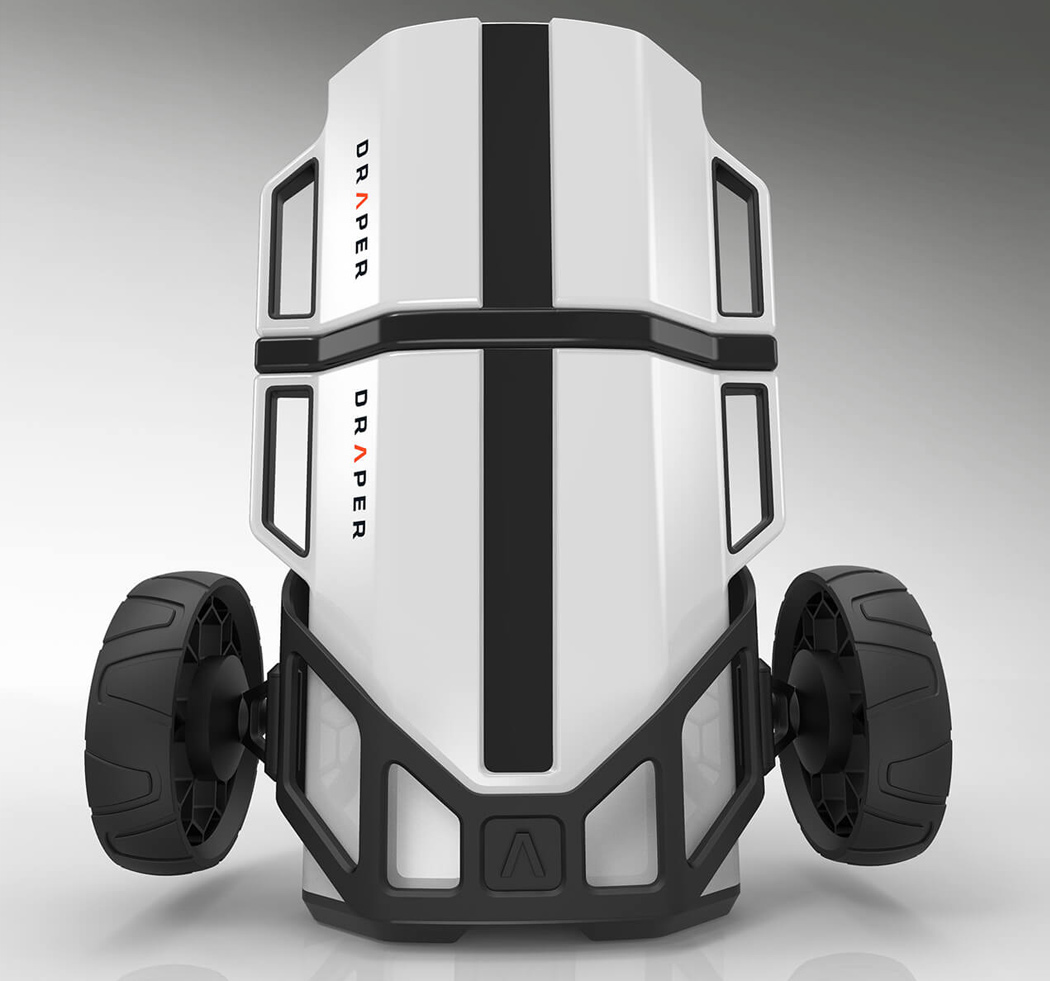
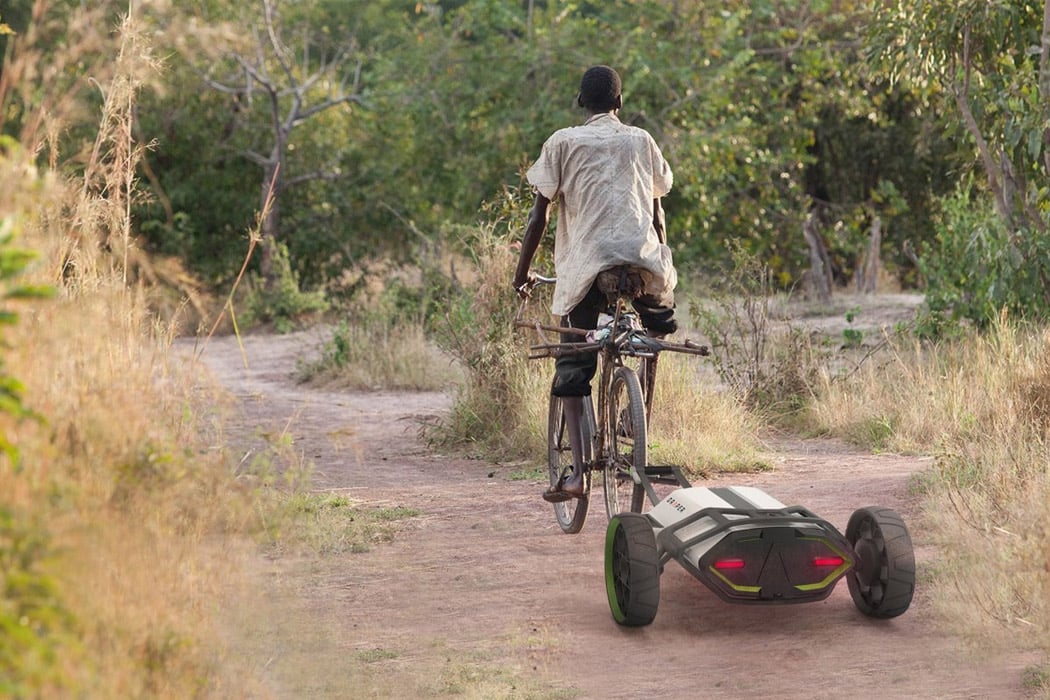
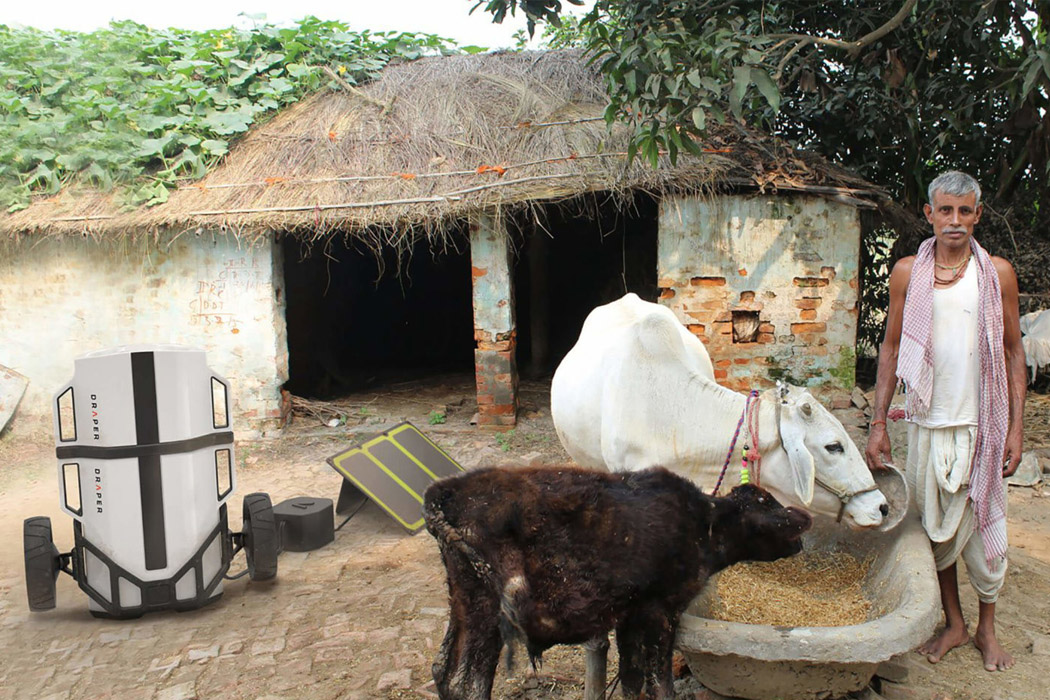
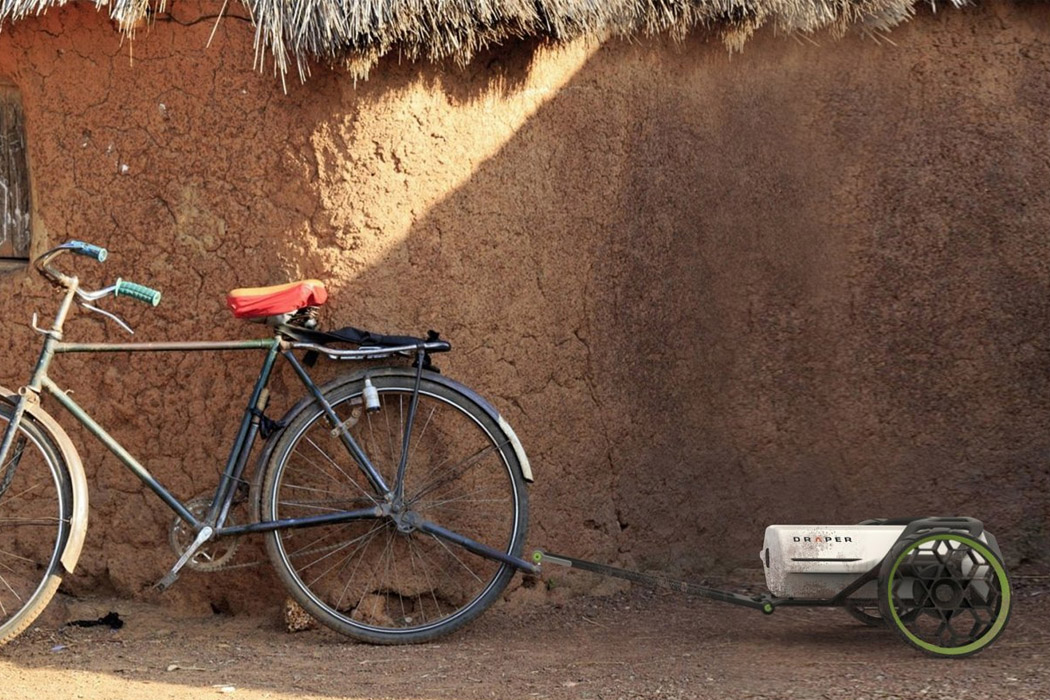

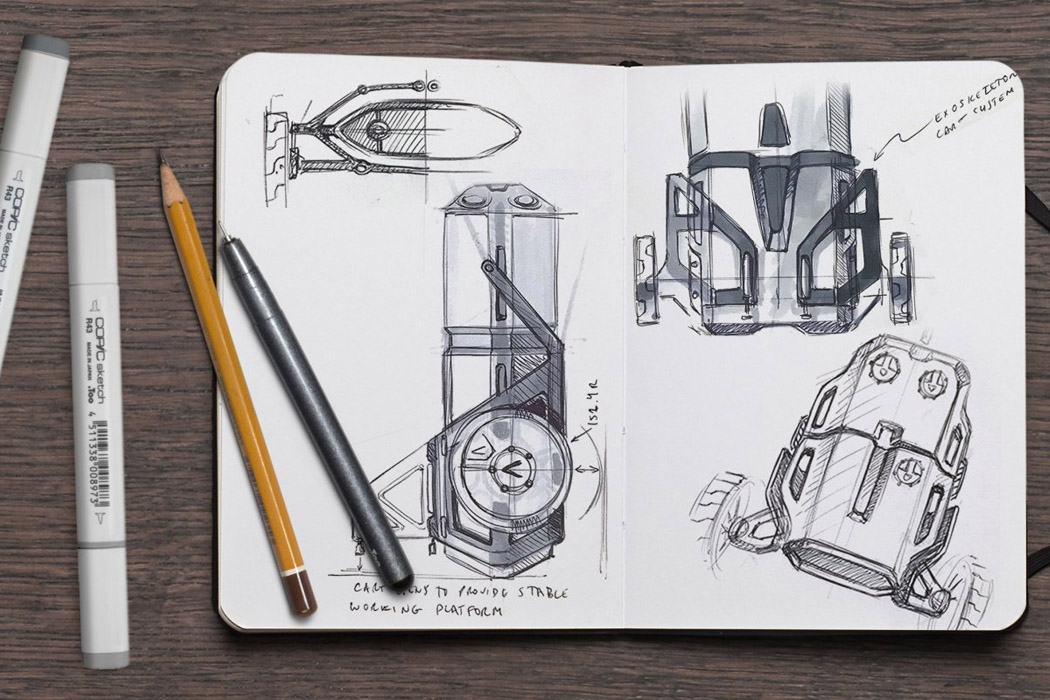
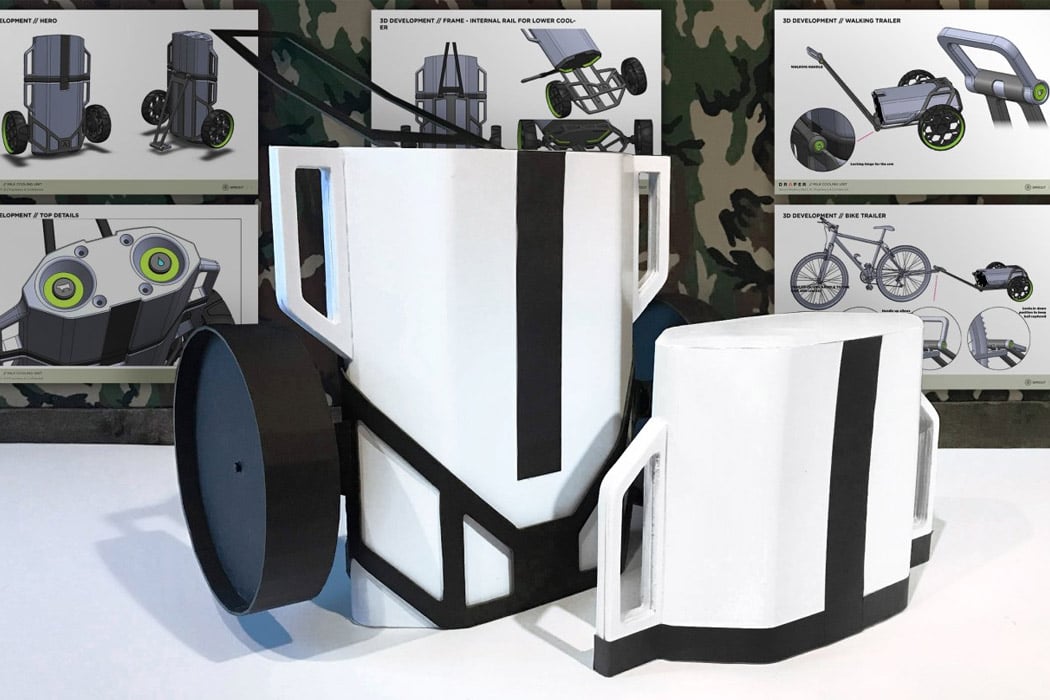
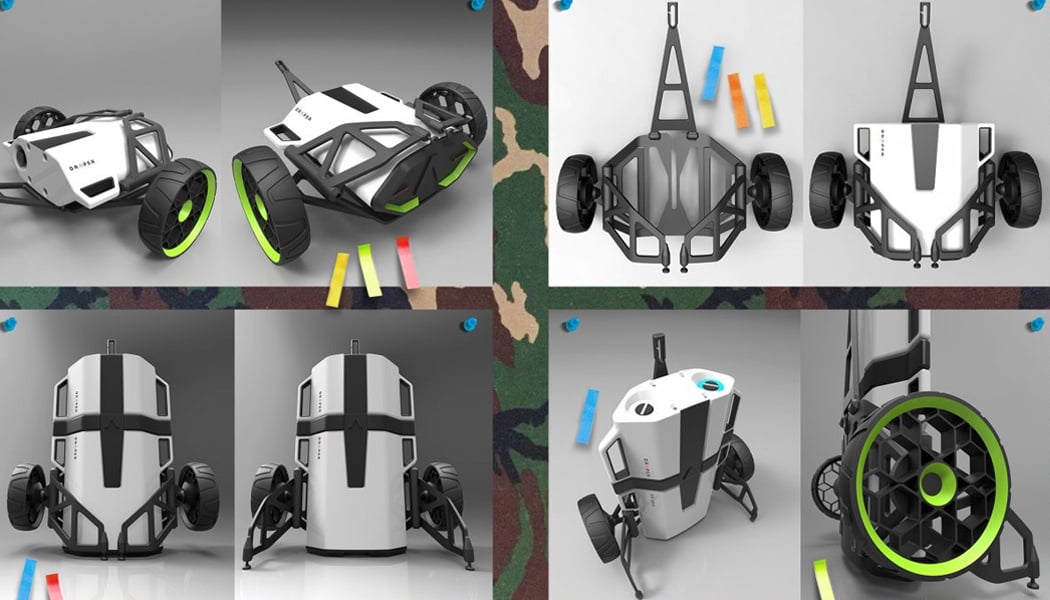

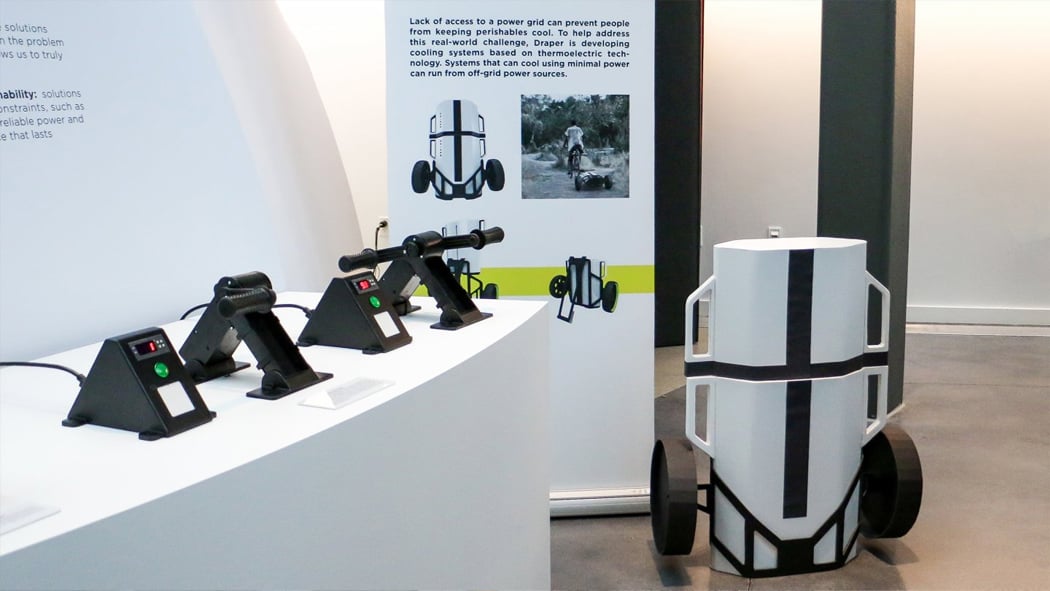
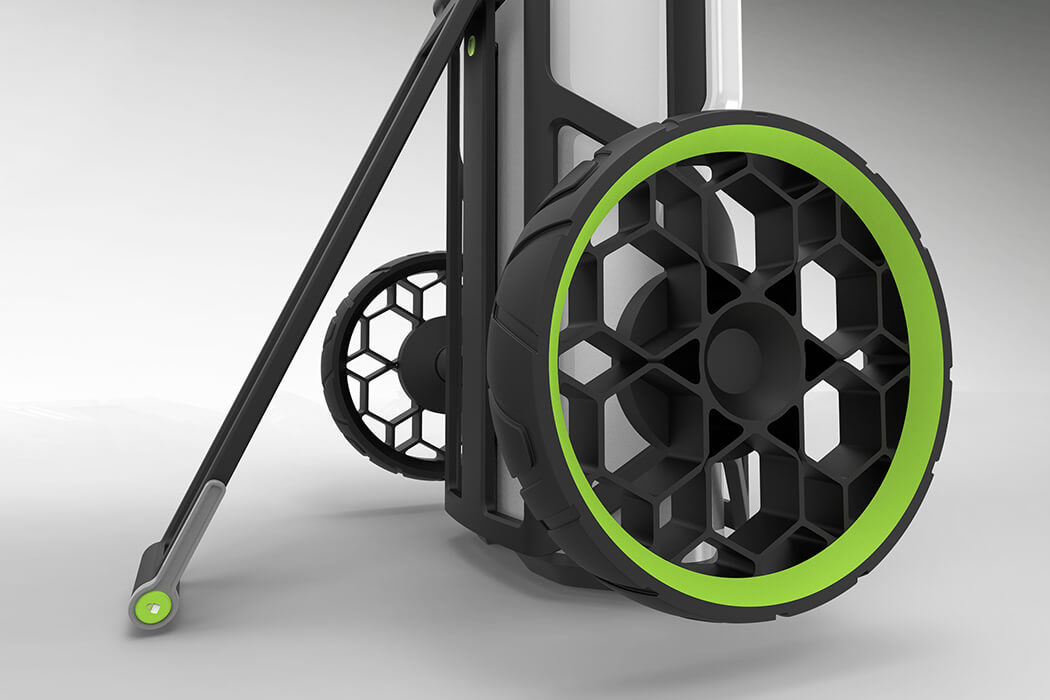
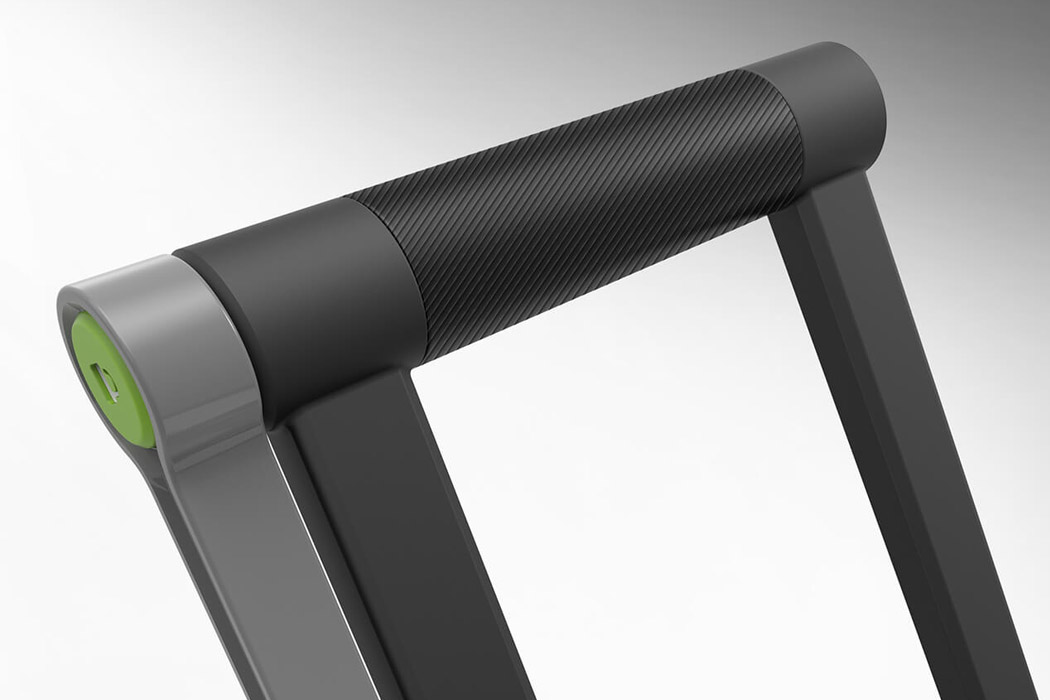
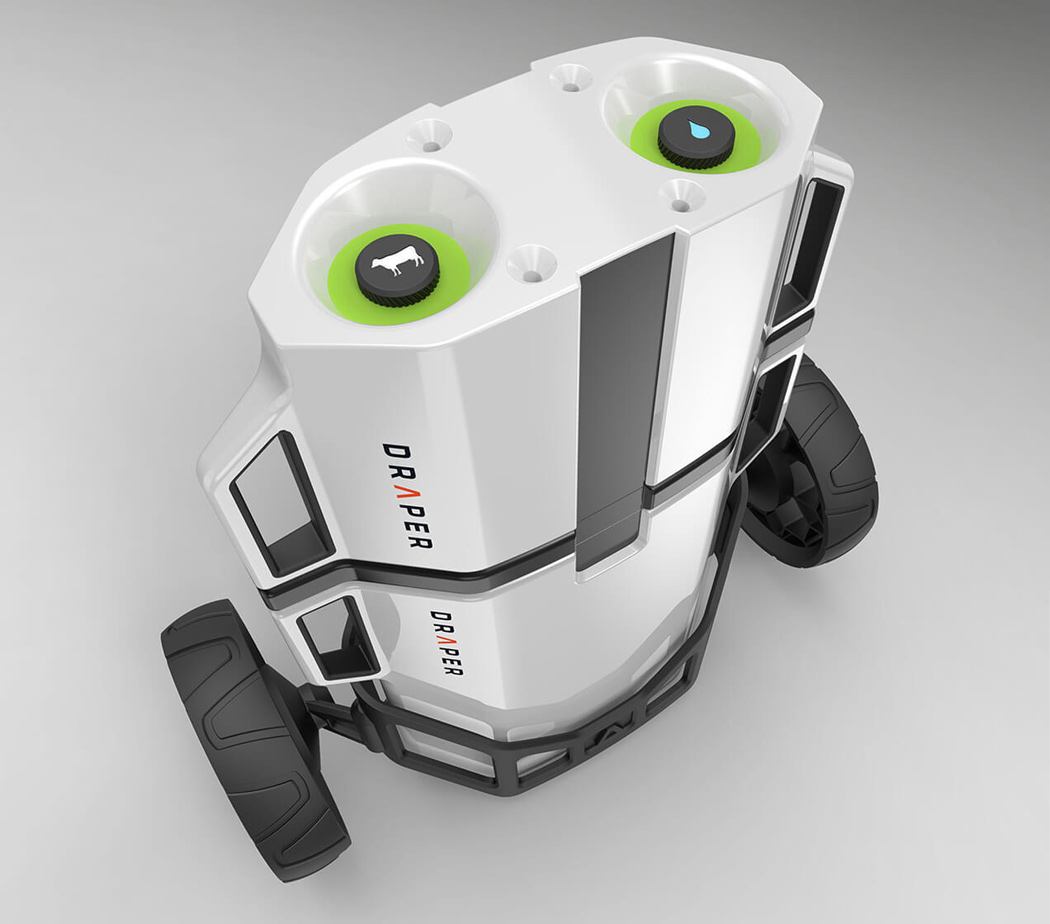
 It might soon be much easier and safer to determine if someone has been infected by the novel coronavirus. The team behind a Gates Foundation-backed project told the Seattle Times that it's preparing to deliver home testing kits for the virus to Seat...
It might soon be much easier and safer to determine if someone has been infected by the novel coronavirus. The team behind a Gates Foundation-backed project told the Seattle Times that it's preparing to deliver home testing kits for the virus to Seat...



